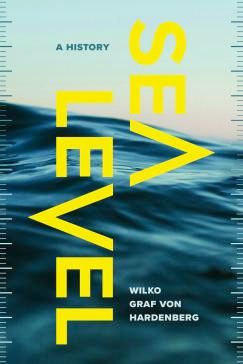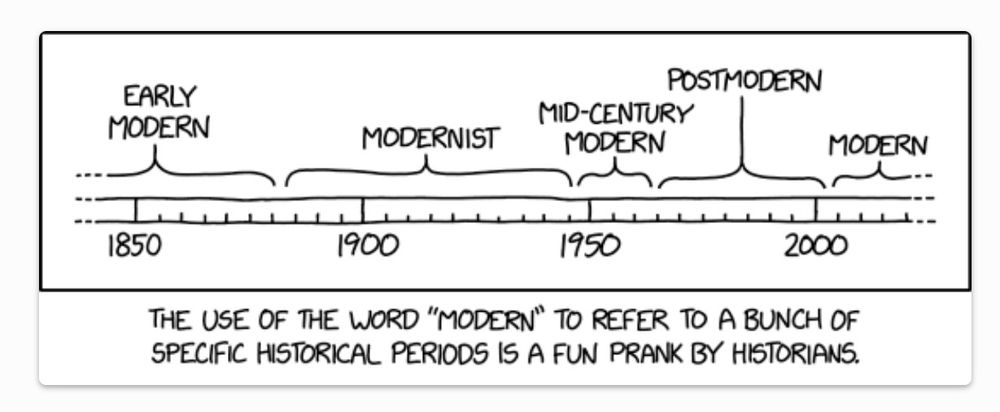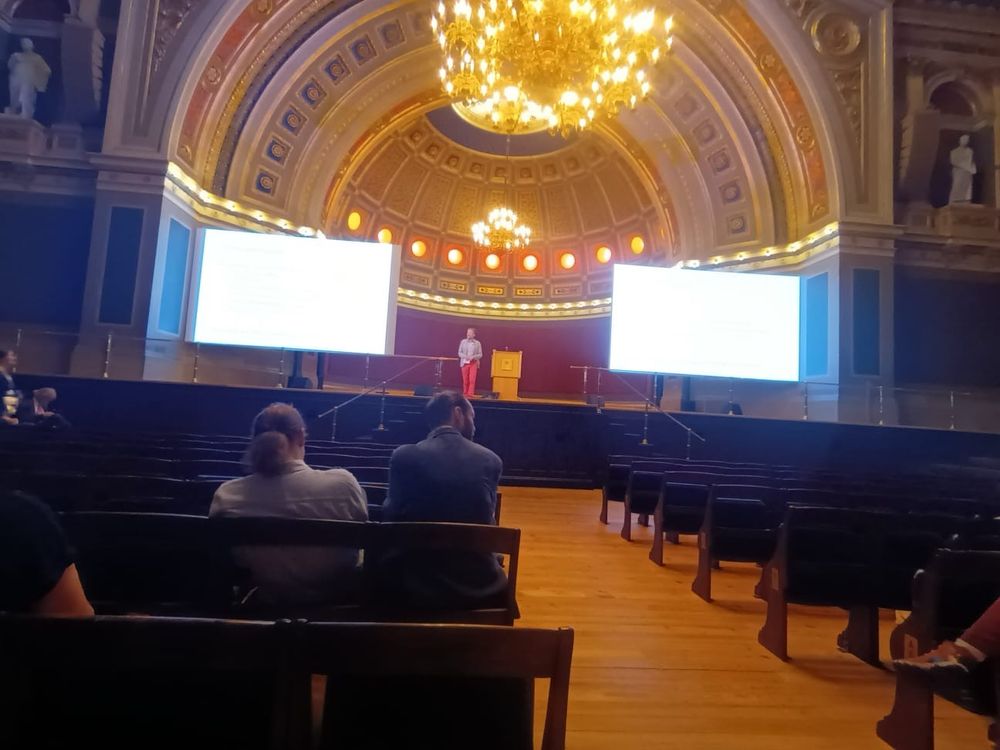Who were the Vascones?
Contrary to legend, when Charlemagne invaded the Iberian Peninsula in 778, he didn’t fight many Arabs. Instead, the _Royal Frankish Annals_ inform us that as his armies crossed the Pyrenees, he ‘subjugated the _Wascones_ of Spain’. Famously, this subjugation didn’t take. As Charlemagne retreated back through the pass at Roncesvalles, the _Revised Royal Frankish Annals_ record that ‘the _Wascones_ prepared an ambush’, killing the Carolingian rearguard, including Count Roland. In his _Life of Charlemagne_ , Einhard would note that the light equipment of the _Wascones_ served them well in their attack.
When the story of Roland’s end was remembered in later centuries, the _Wascones_ or _Vascones_ would be taken out of it, to be replaced by Saracens (this was hardly the only inaccuracy). When writing my book (_The Emperor and the Elephant_, available at a monastic library or captured baggage train near you) I knew that the _Vascones_ were going to have to appear in its pages. As Roncesvalles demonstrated, not factoring them in could be a fatal mistake for Frankish ambitions to project power into the Iberian Peninsula. Important _Vascon_ figures of Basque origin featured in the service of both the Carolingians and the Umayyads, as well as very much doing their own thing on the frontier between the two powers. North of the Pyrenees, by the Atlantic coast, the land of _Vasconia_ , from which we get Gascony, was also an important factor in the politics of the region. Throw in the polity of Pamplona, which at the very least had strong links with _Vascones_ (see more below), and it was clear they were going to feature throughout the Iberian chapters.
But who exactly were these _Wascones_ /_Vascones_? While working on my book, I took the view that these people were Basques, ancestors of the present-day community who live in modern Spain and France. As a consequence, I normally translated the word _Vascon_ as Basque for ease of reading and as a nod to a people whose history has all too often been obscured and erased. In recent months however my thinking has been complicated, in large part because of this review of my book by Professor Adriano Duque.
Although this review is very kind, Professor Duque is worried that I might be applying the label Basque to places where it doesn’t fit (they suggested Navarrese as an alternative). This is not an unreasonable concern. Our sources for the Basques in this period are poor and, as in the case of the ambush at Roncesvalles, written by outsiders who may be hostile. Historians have become increasingly cautious about using modern terms for early medieval ethnic identities. In the period I work on, most of the people described as _Scotti_ are Irish in our understanding. Likewise, if we were to trust Latin medieval accounts, all the peoples of the Eurasian Steppes, whether Huns, Avars or Turks, were actually the Scythians familiar to the ancient Greeks.
This has prompted me to try to think a bit more about identifying Basques in the early medieval world. In the absence of a clear text from the ninth century where someone who identifies as Basque explains what that means and who else is a Basque, the best approach is to try to triangulate from different factors that might reveal an ethnic group. What we’re looking for is evidence of a community of people understood by themselves or outsiders to be Basque. We’re not necessarily looking for a polity or state of the Basques, although we certainly will see groups acting as political agents referred to as ‘the _Vascones_ ’ (see the discussion of Roncesvalles above).
Although shared descent is a very common way of identifying an ethnic group, I’m not going to talk about it very much here. This is partly because it relies upon the sort of genetic work I’m still learning how to interpret, but also because unless that shared descent is consciously observed as a distinguishing feature by people in the period it’s unclear whether it matters in defining an ethnic identity. What I’m more interested in is language and nomenclature.
**Language**
Perhaps the most obvious and distinct feature of the Basque people today is their language (Euskara). Being a language isolate, it is not a member of the Indo-European, Semitic or Amazigh (Berber) families and therefore not related to any of the languages spoken by anyone else in the region in the period I’m interested in. Given that it was not a language of power, administration or written culture like Latin or Arabic, the only people who would have used the early medieval ancestor of modern Basque were those for whom it was their mother tongue or those who regularly had to communicate with native speakers. It therefore seems very plausible to me that ‘native speaker of Basque’ would be a recognisable identity in the ninth century.
Our evidence for the Basque language in the early medieval period is small. Before the fifteenth century, when written poetry begins to appear, what we have are some tenth-or eleventh-century glosses in Cod. Aemilianensis 60 probably made in the monastery of San Millán de Suso in La Rioja; a passage in mixed Basque and Latin from a charter donating land to the monastery of Ollazabal in Gipuzkoa in 1055 (_Cartulary of San Juan de la Pena_ , no. 108); and, since 2021, the Hand of Irulegi, a fascinating archaeological find from the first century BC with some inscriptions that appear to be an early form of Basque.
_A big hand for early Basque studies,the Hand of Irulegi._
Place-names and personal-names also offer clues, particularly the use of the suffix _-ko_ meaning ‘of’. The name of the first king of Pamplona, who I called Íñigo Arista in my book, is a good example of this, being labelled _Enneco_ in most of our sources (_Arista_ may come from the Basque word for oak). The name García shows up a lot among the counts of Aragon in this period and may be related to the Basque _hartz_ or ‘bear’. This suggests that we can reasonably assume the existence of a population of native speakers of Basque in the eighth and ninth centuries, even if the evidence is poor.
**Ethonyms**
From a relatively early stage we have writers making reference to people with names that sound like the modern word Basque (_Euskaldunak_ in modern Basque, _Vasco_ in modern Spanish). This needs to be treated carefully. These accounts are normally written by outsiders who may not understand realities on the ground or be drawing on outdated or inaccurate information from others. That said, it is interesting that it shows up regularly in sources from our period.
Our first references come from classical sources, with writers like Livy and Pliny the Elder referring to areas in the Iberian Peninsula by the western end of the Pyrenees as _Vasconum_ or ‘of the Basques’. Strabo, writing in Greek, talks about a people in the same area called the _Ouáskones_(III.iii.7). This continues into late antiquity, with Prudentius in about 400 writing his _Peristephanon_ in Calahorra, describing the city as inhabited by _Vascones_. Visigothic and Merovingian writers such as John of Biclaro, Isidore of Seville and Gregory of Tours refer to _Vascones_ , normally in the context of military campaigns to try to subdue them.
As we saw in the case of Roncesvalles, Carolingian sources routinely refer to _Vascones_ , albeit often in abusive terms. Among the most intriguing instances is a reference to a young Louis the Pious showing up at Charlemagne’s court after a stint in Aquitaine ‘in the clothes of the _Uasconum_ ’, suggesting a material culture recognisably specific to the _Vascones_.__ Members of the ruling family of _Vasconia_ north of the Pyrenees such as Lupus Sancho spent time at Charlemagne’s court, placing _Vascones_ in Aachen, potentially making them familiar figures to Carolingian writers.
But the term also shows up in Arabic material. The tenth-century geographer al-Masʿudi listed _al-Washkan_ among the Frankish peoples of the west. History writers in the twelfth century included _al-Bashqans_ or _al-Bashkansh_ as opponents of the Goths before the conquest of al-Andalus. We also have individuals such as ʿAmrus ibn Yusuf, a leading figure on the frontier in the early ninth century, who is identified as _al-Waski_ , or Velasco, lord of Pamplona in 816, named _al-Jalashki_.
What does this give us? There were native speakers of the ancestor of modern Basque living roughly in the area we associate with Basques today. There were also people in about that area who were known by a name from which the modern word ‘Basque’ is derived. This sounds promising, but it is surprisingly hard to put the language and the people together. The eleventh-century geographer al-Bakri wrote that there was a people who lived near _al-Bashkun_ who spoke a language different from all the other Franks, who he named the _Biyura_ or _al-Amanish_. While it sounds like al-Bakri is describing Basque speakers here, it’s worth noting that he explicitly noted that they were not the same people as _al-Bashkun_.
More troubling still is the fact that the term _Vascones_ seems to be used to describe different people over the centuries. Whereas ancient writers were very comfortable talking about cities of the _Vascones_ like Pamplona and Calahorra, by the early medieval period the term seems to be used primarily for non-urban people, with the seventh-century _De laude Pampilone_ presenting them as a dangerous outside element, living beyond the walls of Pamplona. Also intriguing is the way Frankish sources begin referring to _Vasconia_ and _Vascones_ north of the Pyrenees. Our first example of this trend, the _Ravenna Cosmographer_ , seems to use _Vasconia_ to mean Aquitaine. This may indicate some sort of post-Roman migration or a pre-existing population. But, as my editor observed to me, be a sign that the term ‘ _Vascones_ ‘ had come to mean something different than it had in the classical period.
If the name _Vascones_ was not consistently applied to one group of people and changed in meaning then it becomes much harder to use it as a straightforward sign that an individual or group were identified as Basque in the modern sense. It’s not impossible that the _Vascones_ were indeed mostly Basque-speaking, but far from proven. Instead, it might be more accurate to read it as meaning someone from roughly the modern Basque country/south-west modern France, with a derogatory implication of barbarism.
A particular problem for me is where this leaves the kingdom of Pamplona. In my book I was rather casual about assuming that the population of the city of Pamplona was Basque and that the kingdom that developed around it was a Basque one. I’ve recently had my attention drawn to quite how many eighth-century burials there are in the city which are oriented in a manner reminiscent of Muslim funerary practices. _Vascones_ /_Bashkun_ clearly could be Muslim, but this might also point to a large Berber and Arab population which possibly later converted to Christianity. Even if _Vascon_ did mean Basque in the modern sense, as we’ve seen, late antique sources strongly suggest that the _Vascones_ were identified as not being inhabitants of the city of Pamplona. That said, our Frankish and Arabic sources do routinely present the king of Pamplona as the king of the _Vascones_ , so outsiders at least saw a connection. Andalusi writers would place Pamplona within the _bilad al-Bashkun_ or ‘land of the _Vascones_.’
So, where does this leave me? Latin and Arabic sources from the eighth and ninth centuries identify a group they call _Vascones_. While it wouldn’t surprise if many of them were Basque speakers, I’m no longer comfortable treating _Vascon_ as a synonym for Basque. So what to call them?
Professor Duque very reasonably suggested Navarrese. Einhard talked about the river Ebro ‘rising from among the Navarrese (_apud Navarros_).’ The _Royal Frankish Annals_ mentions ‘the Navarrese and Pamplonans (_Navarri et Pampilonenses_)’ being brought back into the empire in 806. As this shows, it was obviously a term familiar to contemporary Franks. I hesitate here because it’s a word that in the Carolingian period only seems to apply to people south of the Pyrenees, leaving the inhabitants of Gascony out. The _Royal Frankish Annals_ also distinguishes between the Navarrese and people of Pamplona which suggests a further ambiguity I don’t yet understand (although could be further evidence for arguing that Pamplona was not actually Basque). While I may end up employing Navarrese more in the future, it is clearly a geographically constricted word that doesn’t do everything I might want in a Basque substitute.
The other obvious move is to stick with what the sources use, which is generally _Vascones_. This has the advantage of not inserting any anachronisms that weren’t already in the text. It’s also vague enough that no one is going to be too upset with me either way. As you can see, it is what I defaulted to here in this post. I don’t like it. Most readers who are not intimately familiar with the subject matter will find _Vascones_ confusing. It’s unclear whether they should read it as meaning Basque or Gascon or as an indication that these are totally different people. The effect is to distance the audience from understanding. (See here my editor’s thoughts on translation). That said, it seems to be the least bad option at the moment.
One of the things I worry about is that it risks writing the Basque-speaking community out of history again. Although matters improved dramatically after the death of Franco, major efforts were made in both Spain and France to erase the Basque language and past as part of a process of getting rid of their inconvenient identity. I don’t want to contribute to that historiographical trend. Most importantly, it matters for our ability to understand the past. The Carolingian-Umayyad frontier, which is the primary focus of two chapters of my book, looks different when we appreciate that there was an ethnic group on the western end of the Pyrenees whose culture and language was recognised as distinctive by other people in the region. If nothing else it raises interesting questions about communication and identity. What language did they speak when dealing with outsiders? How resonant were appeals to a Gothic identity in a region of Basque speakers?
All of which is to say that I come to the end of this post without a solution I’m entirely happy with, but with something I can use while I wait for a better resolution. For the moment I think _Vascones_ is the least bad term to employ, while being alive to the existence of a community of Basque speakers who may occasionally have overlapped with the people called _Vascones_.
Writing history is a process. I genuinely believe that we are improving at it, and that we understand the past better than previous generations of scholars did (in large part because we stand on their shoulders). But part of what it means to be a historian is to realise that you no longer agree with things you previously wrote. If your publications have any currency in the wider field, people will notice mistakes you make. When it happens, it’s an embarrassing moment. It leaves me feeling vulnerable and wanting to defensively lash out. Part of being a scholar is learning to override that instinct and to listen carefully when someone tells you that you need to update your thinking.
Thinking about this post also reminded me of the importance of the community of academics for scholarship. I am deeply grateful to Adriano Duque for drawing my attention to this flaw in my work. The formal structures of review are essential for helping researchers benefit from the knowledge of scholars they would not otherwise have met. But I’m also grateful to my editor for his comments on the first version of this post. The informal bonds of friendship are another essential element of academic life, allowing as they do for the sort of necessary conversations that go unnoticed but without which our work would be much poorer.
### Share this:
* Click to share on X (Opens in new window) X
* Click to share on Facebook (Opens in new window) Facebook
*
Like Loading...















